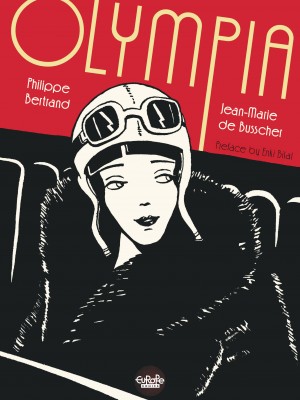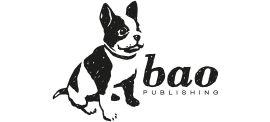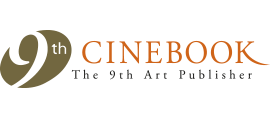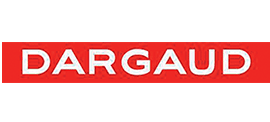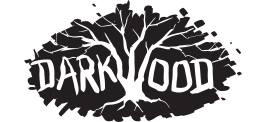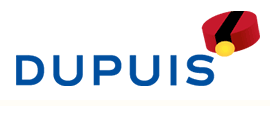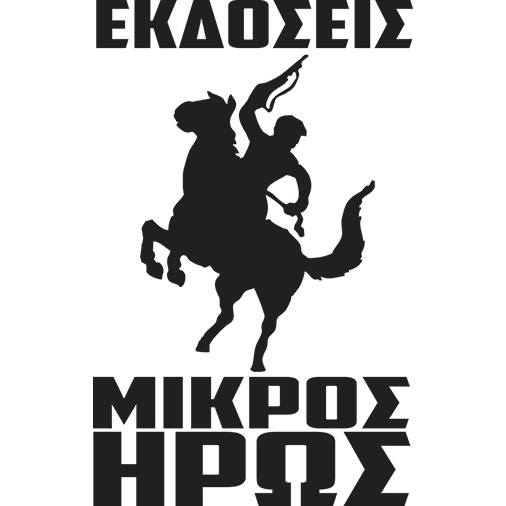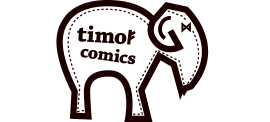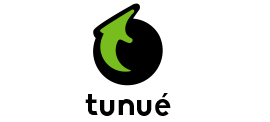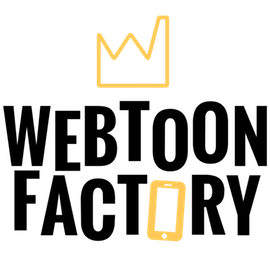Following his humanities studies in a Jesuit community, Jean-Marie de Busscher went on to architecture studies at the La Cambre school and monumental painting at the Paul Delvaux atelier. He also did a joint diploma in art history and philosophy at Brussels Université Libre. Once he'd got his studies under his belt, he did and internship in industrial design at Kassel Volkshochschule and he completed his military service in the Belgian Navy. He moved around a lot, working successively in Brussels (architecture and painting), Amsterdam (set design for the Théâtre 140), Rome (film animation) and Berlin (3D monument model-making). He eventually settled in Paris in 1974, when he produced a vast fresco for France's national insurance company.
At the age of 40, he decided to dedicate himself entirely to journalism and writing. He was taken on by the editorial teams of Charlie Hebdo and Charlie Mensuel, and later by A Suivre. He also collaborated with the Paris dailies such as Paris Match, Les Nouvelles Littéraires, Métal Hurlant, Pilote, Beaux-Arts Magazine, Géo, L'Evènement de jeudi, Revue de Monuments et Sites.
In the newsroom of Charlie Mensuel, Charlie Hebdo and Hara-Kiri, he met a whole host of illustrators, with several of whom he ended up producing comic books, such as Willy's holiday (Charlie and éditions du Square), Hic sunt leones... (Dargaud), L'empire des Clones, Une très bonne famille (Editions du Square), Le Marché de l'an 2000, and Olympia (Dargaud, Europe Comics 2016).
As a writer and actor he was involved in the various TV series by Terry Wehn-Damisch (Paris-New-York, Paris-Berlin, Zig-Zag, Paris, musée vivant). He also co-wrote with Fraçois Prébois "La Patrie reconnaissante" and "Le soldat inconnu" for TF1, and "Surplus Militaires" for Arte TV. Alongside, he produced several radio programs for France-Culture and France Musique, and he acted in several films.
Jean-Marie de Busscher died in 2001.
Country of origin: France Europe Comics Publisher: Dargaud (France)
